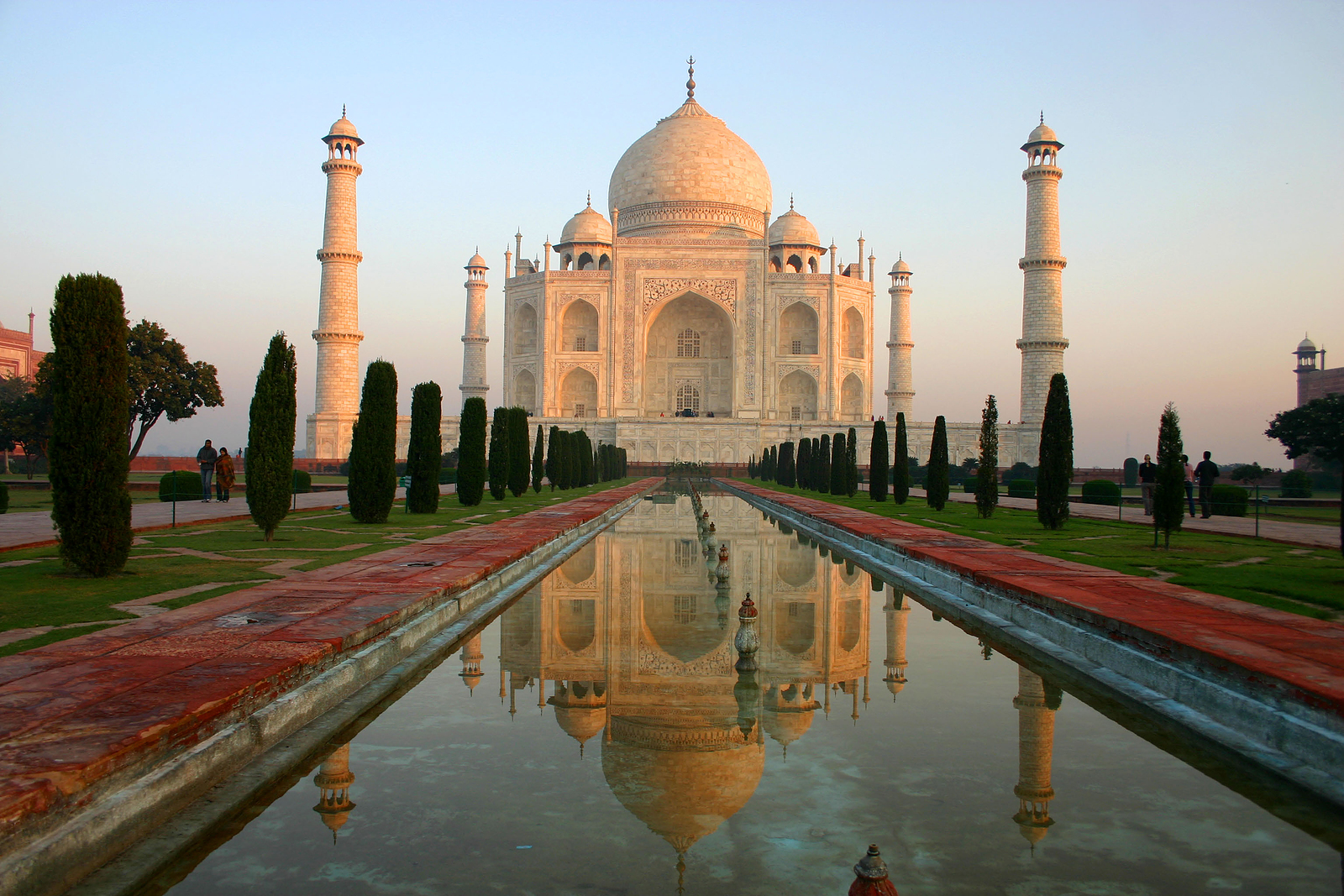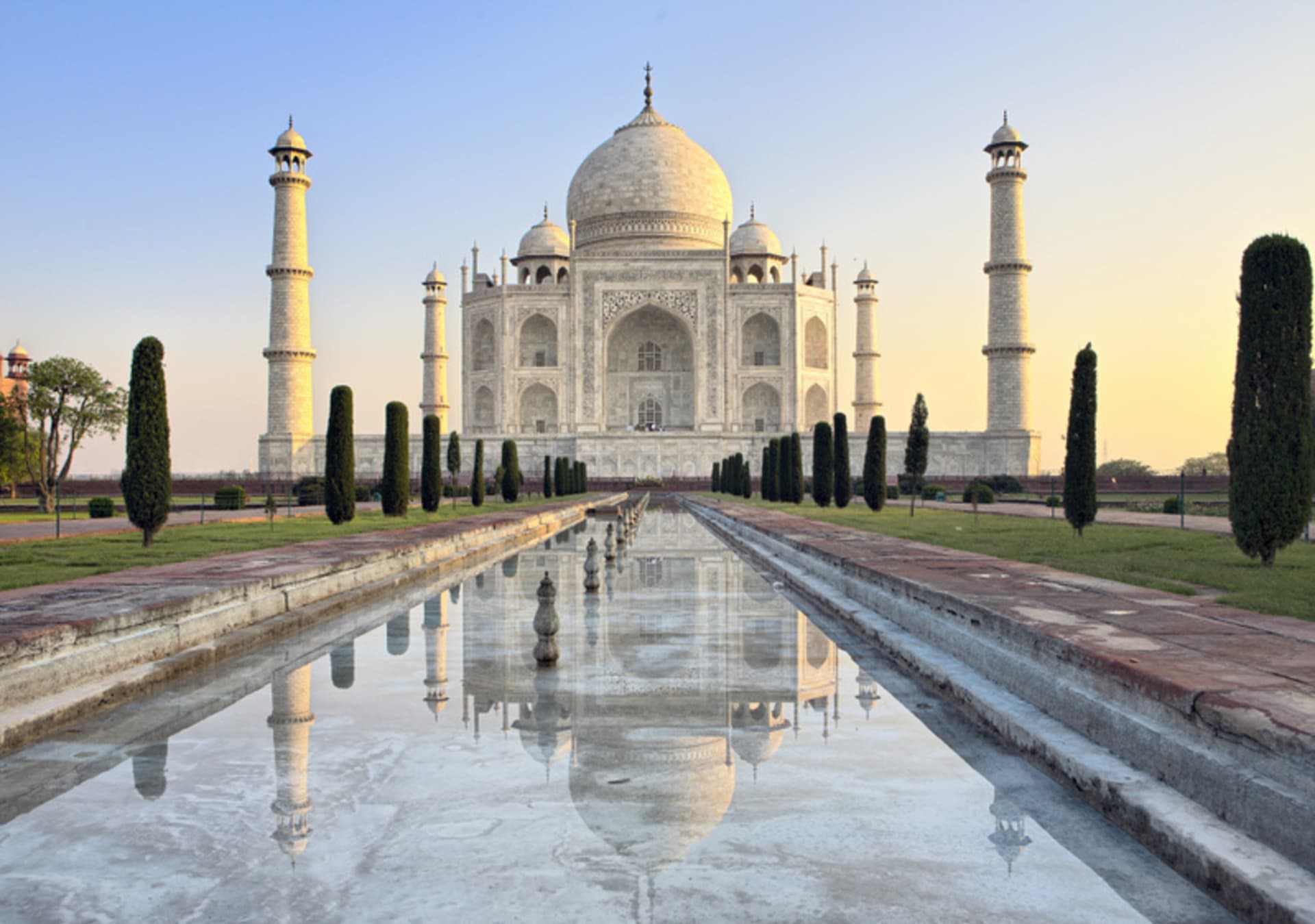India, a land that truly captures the imagination, holds a special place in the hearts of so many people across the globe. It's a country, you know, that has been a federal republic since 1950, operating through a democratic parliamentary system. This system, in a way, allows its incredibly diverse population to come together and shape their shared future.
When we talk about "india love and," we are really looking at the deep affection for a place that is, quite simply, one of the oldest civilizations in the world. It is a land with a truly kaleidoscopic variety and a very rich cultural heritage. This heritage, in some respects, is woven into the daily lives of its people, creating a profound connection to their roots and traditions.
The feeling of "love" for India, you might say, comes from its unique blend of history, its vast geography, and its incredibly vibrant population. India, the world's largest democracy, currently stands as the most populous country on Earth, with an estimated 1.4 billion people in 2024. This massive human tapestry, actually, is what makes the idea of "india love and" so compelling and, well, so utterly fascinating.
Table of Contents
- The Soul of India: A Tapestry of Diversity
- Geographical Grandeur and a Nation's Heartbeat
- A Democratic Spirit and Shared Values
- The Cultural Embrace of India
- The People of India: A Bond of Togetherness
- Common Questions About India
- Reflecting on India's Enduring Charm
The Soul of India: A Tapestry of Diversity
India is a constitutional republic, and that means it represents a highly diverse population. We're talking about thousands of ethnic groups here, which is, you know, quite a lot. This amazing variety of people, languages, and customs contributes to a very rich cultural fabric. It's a place where, basically, many different ways of life coexist, and that, in a way, is a source of great strength and, arguably, a deep sense of belonging for its people.
The sheer scale of this diversity is pretty remarkable. India's population grew from just 361 million initially, and now, as we know, it's the most populous country in the world. Imagine, if you will, how many stories, how many traditions, and how many different perspectives are held within that number. This human richness, it's almost like, is what truly defines the spirit of "india love and." People often find themselves drawn to this country precisely because of its incredible human mosaic.
This wide array of people, you see, also means a wide array of traditions and celebrations. Every region, every community, has its own unique customs, its own special festivals, and its own distinct ways of expressing joy and connection. It’s a place where, honestly, you can find something new and fascinating around every corner, and that, in itself, fosters a kind of admiration and, well, a love for the place.
Geographical Grandeur and a Nation's Heartbeat
India, you might know, is a peninsular country. It occupies the greater part of South Asia, and its geographical features are quite striking. To the south, it has the Indian Ocean, which is, you know, a vast expanse of water. Then there's the Arabian Sea in the southwest and the Bay of Bengal in the southeast. Up north, you find the majestic Himalayas, towering over everything. This unique geographical setting, in some respects, gives the country a very distinct identity.
As the seventh largest country in the world by area, India covers a total land area of about 3,287,263 square kilometers. It stands apart from the rest of Asia, marked off as it is by these mountains and the sea. This natural separation, you could say, has historically shaped its culture and its people. The sheer scale of the land, from the snowy peaks to the tropical coasts, offers a wide range of climates and landscapes, which, actually, is pretty incredible to think about.
The land itself, in a way, seems to inspire a deep connection. People often feel a sense of belonging to their particular region, whether it's the mountains, the plains, or the coastal areas. This connection to the physical land, you know, is a fundamental part of "india love and." It's about the beauty of the diverse scenery, the resources it provides, and the way it shapes local traditions and ways of life. It’s a very strong bond, honestly.
A Democratic Spirit and Shared Values
India is, as we mentioned, the world's largest democracy. This fact, in a way, is a cornerstone of its national identity and, quite frankly, a source of pride for its people. Being a federal republic since 1950 means that decisions are made through a democratic parliamentary system, allowing for the voices of its vast population to be heard. This system, you know, has been in place for a long time now, providing a framework for governance and public participation.
The commitment to democratic values, you might say, runs deep. It's about the idea of self-governance, of people having a say in how their country is run. This shared commitment to democracy, arguably, fosters a sense of unity and collective purpose among its diverse citizens. It’s a very important aspect of what makes "india love and" so meaningful for many.
In a country with so many different ethnic groups and languages, the democratic framework helps to ensure that everyone, more or less, has a chance to participate. It’s a system that, while not without its challenges, tries to represent the interests of its highly varied population. This shared journey in a democratic system, you know, builds a kind of collective ownership and, well, a sense of national pride that is quite palpable.
The Cultural Embrace of India
When people speak of "india love and," they are often thinking about its incredibly rich cultural heritage. This heritage, you know, is something that has developed over thousands of years, making it one of the oldest civilizations in the world. It’s a place where history isn't just in books; it's often visible in the architecture, the arts, the traditions, and even the daily rituals of life. This deep connection to the past is, arguably, a powerful source of identity.
The cultural variety is truly kaleidoscopic, as the text says. This means you find an astonishing array of art forms, music, dance, literature, and culinary traditions. Each region, each community, has contributed its own unique flavor to this grand cultural tapestry. It’s a very vibrant and dynamic culture, constantly evolving while still holding onto its ancient roots, which, basically, is pretty cool.
This cultural richness is something that many people, both inside and outside India, find themselves drawn to. It’s about the stories, the wisdom passed down through generations, and the sheer beauty of human expression. The way traditions are preserved and celebrated, you know, creates a powerful sense of continuity and, well, a deep appreciation for the country's past and present. You can learn more about the rich history of the subcontinent by visiting a reputable historical resource, like the Encyclopedia Britannica's entry on India.
The People of India: A Bond of Togetherness
At the very heart of "india love and" are its people. India, as the world's most populous country with an estimated 1.4 billion people in 2024, is made up of an astonishing array of individuals. This vast human population, you know, is characterized by its incredible diversity, consisting of thousands of ethnic groups, each with its own unique customs and languages. It's a place where, basically, you can find people from every walk of life.
Despite this immense diversity, there's often a shared sense of community and warmth that visitors and residents alike speak about. The way people interact, the hospitality often shown to guests, and the strong family ties are all aspects that contribute to this feeling. It’s a place where, honestly, human connections often feel very strong and meaningful, which, in a way, is a big part of the country's appeal.
The ability of so many different groups to live together, to share a common national identity while maintaining their unique traditions, is something truly special. This coexistence, you might say, is a testament to a spirit of tolerance and mutual respect that, in some respects, is deeply ingrained. It’s this collective spirit, this shared journey, that truly defines the "love" aspect of India, making it a place where people feel connected and, well, very much at home. Learn more about India's demographic shifts on our site, and link to this page for more cultural insights.
Common Questions About India
People often have questions about India, given its vastness and complexity. Here are a few that come up a lot:
What makes India such a diverse country?
India is incredibly diverse, you know, because it's home to thousands of ethnic groups, many different languages, and a wide array of religious beliefs. Its long history, and also its vast geography with various climates and landscapes, have allowed distinct cultures to develop and thrive in different regions. This mix of people and traditions, basically, contributes to its unique blend.
How does India's democracy work with such a large population?
India operates as a federal republic, governed through a democratic parliamentary system. This means, in a way, that people elect representatives to make decisions. With a population of 1.4 billion, it’s a massive undertaking, but the system is designed to give voice to its many states and union territories, which, you know, helps manage the scale. It's a very big system, obviously.
What is the significance of India's ancient civilization?
India is one of the oldest civilizations in the world, and this ancient heritage is very significant. It means, in some respects, that many traditions, philosophies, and art forms have roots that go back thousands of years. This long history provides a deep foundation for its culture, influencing everything from daily customs to grand festivals, and, well, it’s a truly rich legacy.
Reflecting on India's Enduring Charm
When we consider "india love and," it becomes clear that this phrase encompasses so much more than just a simple feeling. It speaks to a deep appreciation for a country that is, truly, a land of contrasts and incredible richness. From its vast geographical expanse, marked by the Himalayas up north and the Indian Ocean to the south, to its identity as the world's largest democracy, India offers a unique experience.
It's a place where an ancient past meets a dynamic present, where thousands of ethnic groups live together in a constitutional republic. The sheer scale of its population, now estimated at 1.4 billion people in 2024, means that there are countless stories, traditions, and ways of life to discover. This rich cultural heritage, honestly, is what draws people in and keeps them fascinated.
So, as you think about India, remember its incredible diversity, its strong democratic spirit, and the warmth of its people. It's a country that, in a way, invites exploration and connection. Whether you're interested in its history, its geography, or simply the human experience, India offers a profound journey. There's so much to appreciate and, well, to love about this remarkable nation.



